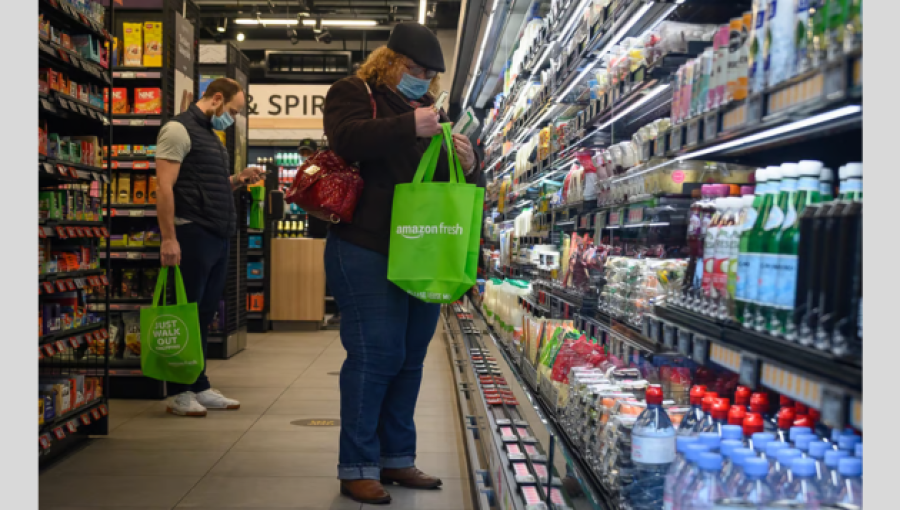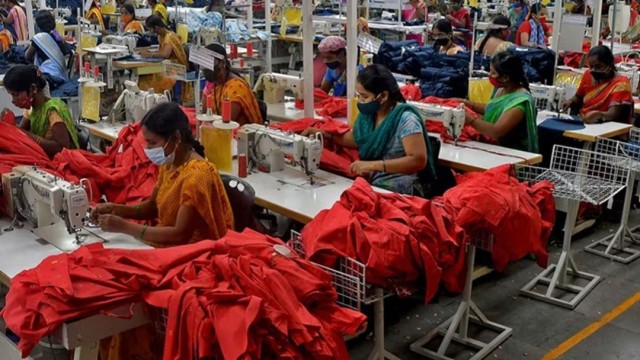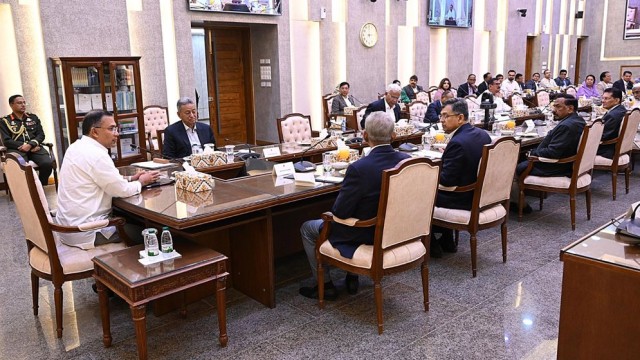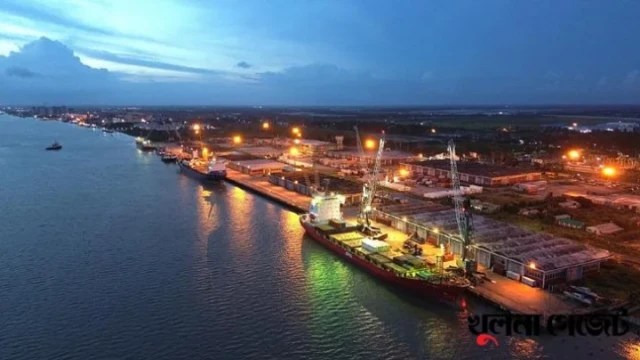In a strategic move to mitigate potential port disruptions, the UK has decided to delay the implementation of most post-Brexit checks on EU food imports that were scheduled to commence this month.
The UK’s departure from the EU brought about a new era of trade regulations. Since January 2021, the EU has enforced stringent checks on goods from the UK. However, the UK has been more cautious, postponing some checks and formalities five times, citing economic and inflationary concerns.
The Department for Environment, Food and Rural Affairs, in a confidential presentation, highlighted the risk of “significant disruption” if all health and safety checks were to be implemented from April 30. As a result, only high-risk goods like meat will initially be subject to checks to prevent logistical logjams at ports.
The UK government intends to gradually introduce the remaining controls, tailoring the rollout to the traffic levels at various ports. This approach aims to ensure a smooth transition without overwhelming the existing infrastructure.
The new checks, once fully implemented, could impose a hefty cost on British businesses—nearly £2 billion, potentially intensifying the ongoing cost-of-living crisis. Trade bodies have advocated for a delay in the checks until at least autumn, hoping to cushion the economic impact.































Comment: